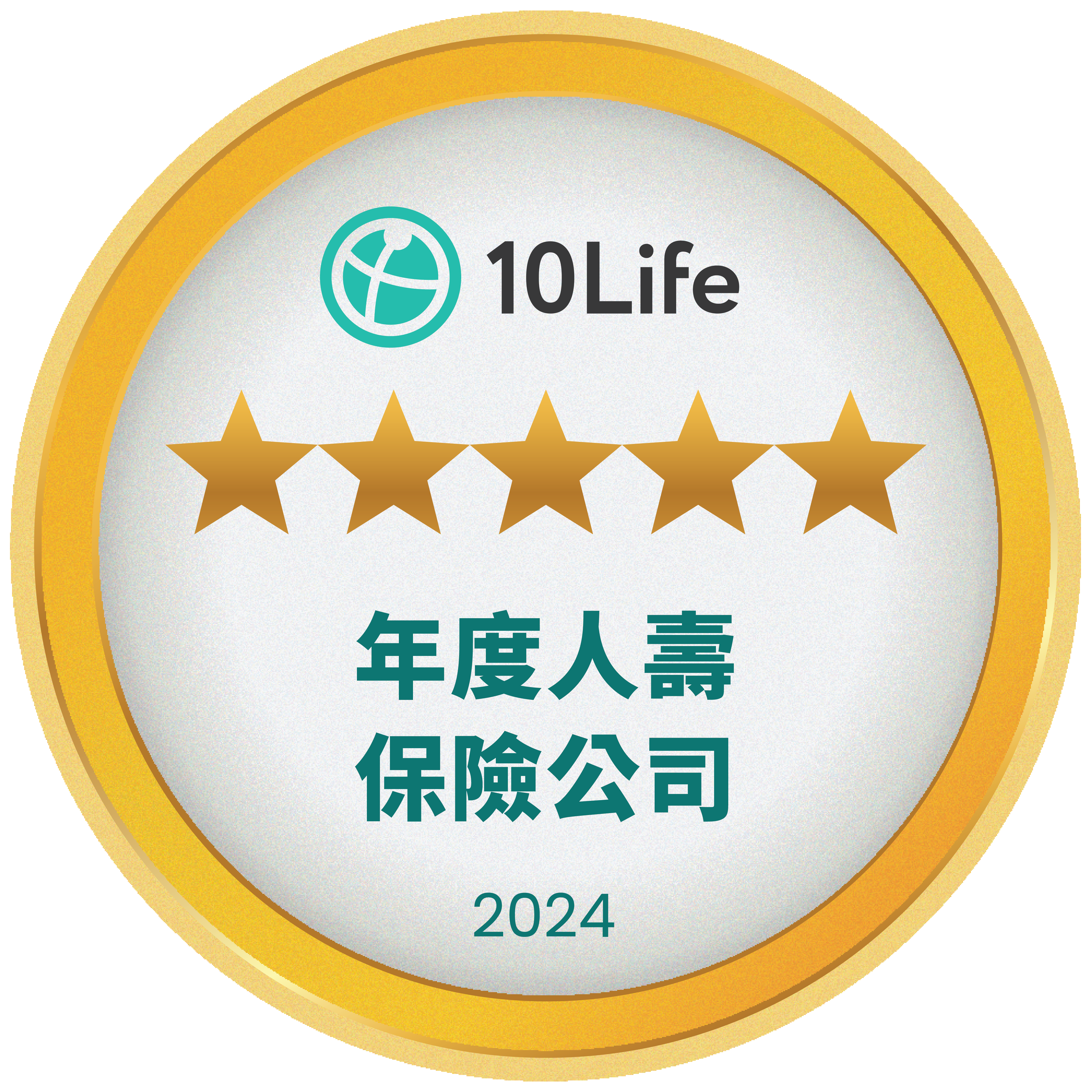Investments besides a savings account can include mutual funds, bonds, guaranteed interest certificates (GICs), annuity products, etc.
投資風險評估
請回答以下問題
您距離65歲還有多少年?
請您估計在65歲時,您所累積的強積金投資大約佔您的總退休儲蓄多少百分比?
以下哪一個選擇是最適合形容您對投資的知識?
投資及儲蓄:
您除了強積金投資之外,是否還有其他儲蓄或投資計劃,以作退休之用?
您預期每年的投資回報率是多少?一般而言,回報愈高所附帶的風險亦會愈高。
您願意承受多少投資風險:
若以一年為期,您認為您能接受多少百分比的投資資本下跌呢?
當您面對投資市況波動時,您會怎樣描述您的接受程度及取態?
如您想了解其他風險程度的資料,請選擇下方相關的風險程度:
如您想了解其他風險程度的資料, 請將滑鼠停留在下方相關的風險程度上:
免責聲明
投資風險評估所提供的結果僅供閣下參考。風險程度是根據閣下在本評估中所提供的資料(如閣下的投資經驗等)而釐定。此風險指標並非引導您作出任何投資選擇,也沒有考慮您的個人財務狀況或目標因素。我們建議您在作出任何投資選擇時,應尋求獨立專業意見,以切合您的投資需要。
投資附帶風險,過去業績並不代表將來表現。投資回報可升可跌。
您似乎尚未回答所有問題,請再次檢視。
YOUR GOALS: Taking this Risk Profile is a great idea start to your financial journey!
YOUR GOALS: It’s good that you’re thinking about your short- and long-term goals. Fill out this goals checklist to help keep on track.
YOUR SAVINGS: You have some great savings habits in place and understand how saving a small amount today can add up in the future. Keep it up!
YOUR SAVINGS: Setting aside money for a specific goal is great, but try setting aside a little extra each month and watch that money grow over time.
YOUR SAVINGS: Great job keeping a detailed budget! This is an important part of financial planning.
YOUR SAVINGS: You’re off to a great start with budgeting. Consider tracking your spending in more detail with this checklist.
YOUR INVESTMENTS: Great job staying on top of your investments! Use this retirement savings calculator to find out if your current investments will help you reach your retirement savings goal.
YOUR INVESTMENTS: You’re on the right track. Consider meeting with an advisor to review your investments.
YOUR INVESTMENTS: Are you on track to meet your retirement savings goals? Use our retirement savings calculator to find out.
YOUR SPENDING: Planning before spending is a great financial habit to have.
YOUR SPENDING: Spending just on the items you need is a good financial habit.
YOUR BORROWING: You’re doing a great job staying on top of your debt. Remember to pay off debt with higher interest rates first and find out why you should check your credit score from time-to-time.
YOUR BORROWING: You’re doing well by staying on top of your debt. Paying more than the minimum is key to becoming debt-free. Here are some tips to help lessen your debt.
YOUR FINANCIAL ADVICE: Reviewing your goals regularly with an advisor and building them into your financial plan is a great financial habit.
YOUR FINANCIAL ADVICE: Reviewing specific goals is an important financial habit. Be sure to discuss all your goals with an advisor regularly to make sure you’re on track to meet them.
YOUR GOALS: It’s important to start setting short - and long-term goals. Get started by filling out this goals checklist.
YOUR SAVINGS: You can boost your by savings strategy by paying yourself first. See how saving a little today can make a difference in the long run.
YOUR SAVINGS: You need to get on the savings train! See how saving a small amount can make a big difference over time.
YOUR SAVINGS: You’re doing a good job making ends meet, but if you start tracking your day-to-day spending with this checklist you may find a little extra money to set aside.
YOUR SAVINGS: Perhaps it’s time you began working on a budget. This checklist will give you tips for managing your day-to-day spending.
YOUR INVESTMENTS: There are a lot of different investment options depending on your needs. Meeting with an advisor is a great first step towards building your investment plan.
YOUR INVESTMENTS: There are lots of ways to invest your money. Start by learning about the different investment options available.
YOUR INVESTMENTS: If you brewed your own coffee instead of buying it every workday and invested the money you save in your RRSP you could have $88,471 in 30 years!
YOUR SPENDING: Try to curb spending on things you don’t need – any price is too high for something you’ll never use. You can use that money to build your savings and investments instead.
YOUR SPENDING: Try to reduce your impulse shopping – this can help boost your savings and leave money for other investing.
YOUR BORROWING: Making the minimum payment is typically not enough. Try to work on paying more off. Here are some other tips to help you lessen your debt.
YOUR BORROWING: Keeping up with debt can be tough. Here are some debt management tips to try.
YOUR BORROWING: Getting control of your debt is an important part of managing your money. Take a look at 5 easy tips to get you thinking even more about your spending and savings.
YOUR FINANCIAL ADVICE: It’s important to review your goals. Think about setting up some regular meetings with an advisor to review your goals and make sure you’re on track to meet them.
YOUR FINANCIAL ADVICE: It’s important to set goals and review your progress. Think about working with an advisor to help make sure you’re on track.
An advisor can give you advice and suggest solutions to help you pay off debt sooner. Speak with an advisor today.
A TFSA is a great way to help you save for a home, a big purchase, an emergency fund,
Open a TFSA to help you save for your home. With the Home Buyers’ Plan, you can borrow up to $25,000 from your RRSP to buy or build your first home.
Open a TFSA to help you save for your big purchase.
A TFSA is a great way to save for an emergency.
If you don't already have one, open an RESP to save for your child’s education. You will automatically be eligible for the Canada Education Savings Grant.
Regularly putting money in an RRSP is a smart way to save for retirement.
Use this RRSP calculator to find out how putting even just a little more in your RRSP every month can make a big difference.
Selling your home or other property may not be enough to cover your retirement. Think about opening an RRSP or other retirement investment account.
It’s never too early to start planning for your retirement. Start putting money in an RRSP or other retirement investment today.
Building a financial plan is a great first step to help you manage your money better so that you can reach your longer-term goals.
When setting goals, you should also think about building a financial plan that will help you stay on track to reach those goals.
Read 5 things you may not know about TFSAs to find out why they can be a great way to top-up your emergency fund.
Consider other types of insurance such as: life insurance, personal health insurance (health and dental benefits), critical illness insurance, long term care insurance, disability insurance, mortgage/creditor insurance,
Consider putting in place: a will/power of attorney.
Great to hear that you’re already working with an advisor. Financial advice can make a big difference in how your money grows.
Getting sound financial advice and working with an advisor to build a financial plan that takes your needs into account can help you reach your goals and secure your financial future.
MONEY MASTER
Money Master
Money
master
You save smartly, spend sparingly and invest intelligently. You set your goals, and you do what it takes to reach them. Stay the course, but don’t ignore new opportunities for saving and investing.
SEASONED SAVER
Seasoned Saver
Seasoned
saver
You're one savvy saver. You've got some effective saving strategies and know how to make debt disappear. With a little advice, a little guidance and a little more discipline, you can reach financial mastery.
SAVER-IN-PROGRESS
Saver-in-progress
Saver-in-
progress
You’re pretty sure you could be doing better! You’ve got what it takes to master your money – but you'll need patience, hard work and some good financial advice to get there.
FINANCIAL BEGINNER
Financial Beginner
Financial
beginner
You don’t have a road map – you just take each turn as it comes. That might be fine for today – but what about tomorrow? Maybe it’s the financial advisor in us speaking, but a little advice might be a good place to start.



